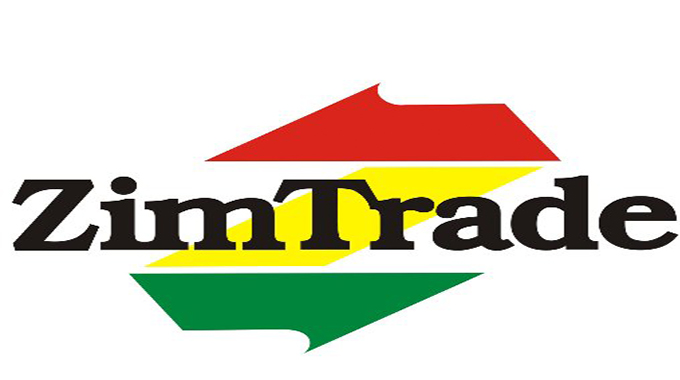
ZIMBABWE is evaluating the implications of the United Kingdom’s possible exit from the European Union (EU) and positioning itself for wider trading opportunities beyond the impasse.
The United Kingdom (UK) is one of the country’s key export markets and there are fears that the prevailing uncertainty over ‘Brexit’ is weighing heavily on global trade with negative effects on trade relations with emerging economies in the Global South.
This also affects Zimbabwe and could likely force Harare to renegotiate trading terms with the bloc and the UK, in particular, experts say.
In view of this, ZimTrade board chairperson, Mrs Clara Mlambo, on Friday told delegates who attended the organisation’s exporters and buyers’ seminar in Bulawayo that the country was casting its net wider in a bid to promote growth of exports.
She challenged producers to learn more about various markets and create opportunities that will not only increase exports but also diversify markets.
“Leverage on available trade agreements which offer preferential access into regional and UK markets as you engage with the buyers. With regard to the UK, we are positioning ourselves in preparation for Brexit,” she said.
Earlier, ZimTrade chief executive officer, Mr Allan Majuru, had warned that Brexit poses some risks to Zimbabwe’s exports to the UK.
“There is pending Brexit and if we look at our exports to the European Union, the UK is number two and the bulk of those exports is fresh produce,” he said.
“Most of the fresh produce goes to the UK through the Netherlands. So, if they pull out, we are bound to face duties and tariffs and if they do that it will be quite expensive for our exporters to export to the UK.”
By being a member of the Economic Partnership Agreement with the EU, the country at the moment enjoys duty and quota free access into the EU market, UK included. Zimbabwe is also a signatory to the Sadc Free Trade Agreement together with Zambia, Namibia and Botswana.
The country is also a member of Comesa where exports of products into each other’s markets enjoy low tariffs and duty-free access.
“Tools are in place to ease our access into these markets, what we need is to find the best way to use them. As always, ZimTrade is always ready to offer assistance on how you can benefit from these trade agreements as you engage with the buyers,” said Mrs Mlambo.
The platform deliberations were part of the 2019 ZimTrade Exporters Conference, which stressed the need for local producers to rethink and reform their business approaches to attain desired output capacity and export competitiveness.
Representatives from Botswana, Zambia, Namibia, UK and Zambia attended the event and shared their insights on how Zimbabwe could tap into trade opportunities in their respective destinations.
ZimTrade has conducted surveys in some of these markets, indicating export opportunities for products and services in the fast-moving consumer goods, building and construction, processed foods, engineering and horticulture, among others.
At the moment trade statistics for these countries indicate that the trade numbers are very low while opportunities are available, said ZimTrade.
